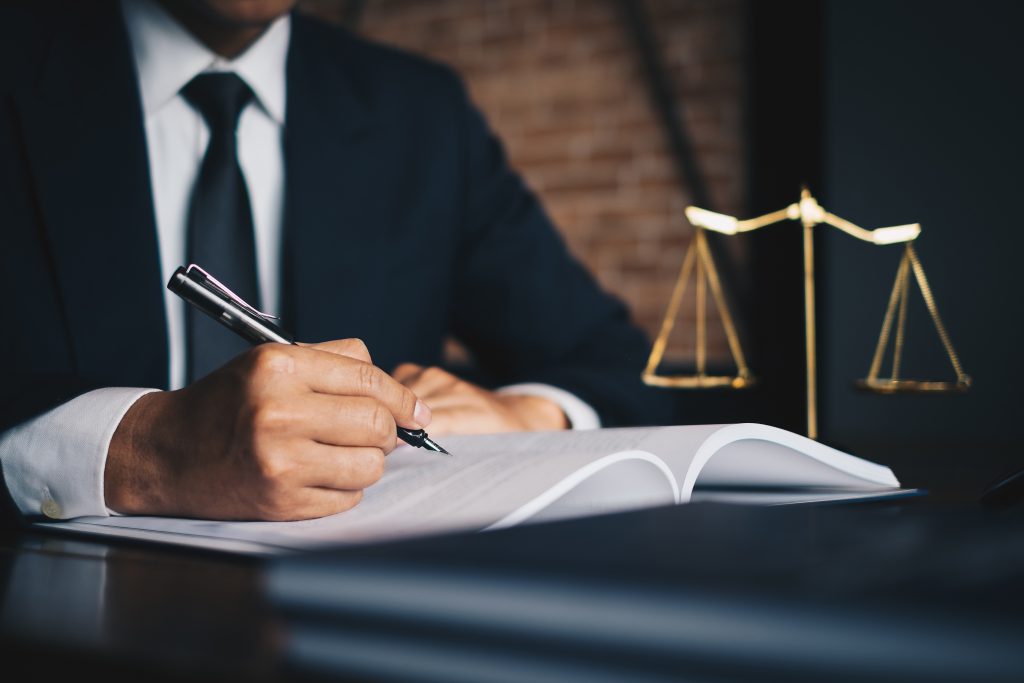The selection of the right attorney may be of great importance as this can define an outstanding or disastrous outcome of your case. Whether you have a criminal charge, some individual injury claim, or a complex corporate conflict, you actually need to hire an attorney who can handle it rightly. This detailed information will allow you to select the correct attorney for your specific legal requirements:
1. Note Your Legal Concern
Clearly defining your area of legal concern is the first step. Determining the type of attorney you need is certainly important since attorneys specialize in different areas of law. Some typical legal issues include: Personal injury for accidents and injuries.
- Family law regarding divorce, child custody, and other family matters.
- Criminal defense if you are charged with a crime.
- Commercial matters such as contracts and lawsuits fall under Corporate law.
- Regarding property-related disputes or transactions, real estate law
- Regarding wills, trusts, and probate issues, e-plan.
Knowing what your legal need is helps you narrow down your search to lawyers who specialize in the area of law that will specifically answer your needs.
2. Consult and Research
Start asking friends, family members, or co-workers who had such cases. Personal references can give you good insights on the average practice of an attorney, how he or she communicates, and their competence level.
- Aside from word of mouth, investigate for yourself
- Website mostly Avvo, Google Reviews, and Yelptell you what previous clients have had to endure
- Typically sporting any disciplinary record.
- State bar association websites will give you a roll call of practicing attorneys and what they practice.
- Lawyer listings: Websites such as Martindale-Hubbell publish legal ratings and reviews from customer and peer feedback.
3. Skills and Experience
- In choosing an attorney, you require to have past experience dealing with matters like yours. Several factors to consider are:
- A lawyer with many years of experience in a particular area is likely to have dealt with many different matters.
- Verify whether the attorney has specialized in your area of law. For instance, on a criminal defense, you do not want a corporate lawyer.
- File: Check Inquire about any successes the lawyer has been able to achieve in your specific area of law. Do they ever have to go to trial if so; otherwise, are they settlement negotiators?
4. Check Licensing and Qualifications
Make sure the attorney is licensed to practice law in your country at all times. Your state bar association can help you find this. Some attorneys will also have certifications or associations within professional associations that will illustrate advanced knowledge in their area of practice.
5. Plan an Initial Consultation
Most attorneys offer an initial consultation free or for a reduced fee. This is the chance to vet the attorney’s:
Communication style: Does he have a communicating style of being accessible and communicable? Do you feel comforted, and does he clearly explain things to you?

Case strategy: Learn how they intend to handle your case. A good attorney should give you an overview of the general direction they have for handling your case.
Accessibility: Determine just how accessible the lawyer will be. Will most communication go through paralegals or assistants, or will you be able to reach them in person?
6. Analyze Legal Fees and Cost
- One should know how the attorney bills for his services. Different lawyers charge differently on a variety of fee policies such as:
- Common in litigation and consultative based services, hourly rates
- Frequently applied to minor legal work such as contract drafting or handling real estate deals, flat fees are
- Usually available in cases like personal injury, contingent fees mean that you pay your attorney only if you win.
Make sure you are comfortable with the billing methods of the attorney and that their expenses fit your budget. Ask for a detailed cost analysis including any possible extra fees without delay.
7. Trust Your Natural Sensibility
Though credentials and expertise are extremely important, your comfort level with the attorney is equally important. You will be sharing personal information, and you will rely on them for their opinion, so you have to trust your gut feeling on whether they are best for you or not. Don’t settle if you are uncomfortable until you find a lawyer who meets your emotional as well as legal requirements.
8. Seek Communication and transparency
The right attorney should clearly outline the costs, possible outcomes, and legal proceedings. They should further maintain open lines of communication so you can be informed of any developments in your case. Successful communication will always prevent error and ensure your continued involvement in the decision-making process.
Outcome
Choosing a lawyer has to weigh many things like costs, legal knowledge, levels of experience, and how they communicate. Research the possible lawyers you can hire. Scheduling meetings with different attorneys will definitely help you pick a legal practitioner who will have your best interest in mind. The right attorney will make you negotiate for your legal scenario in the right way.


